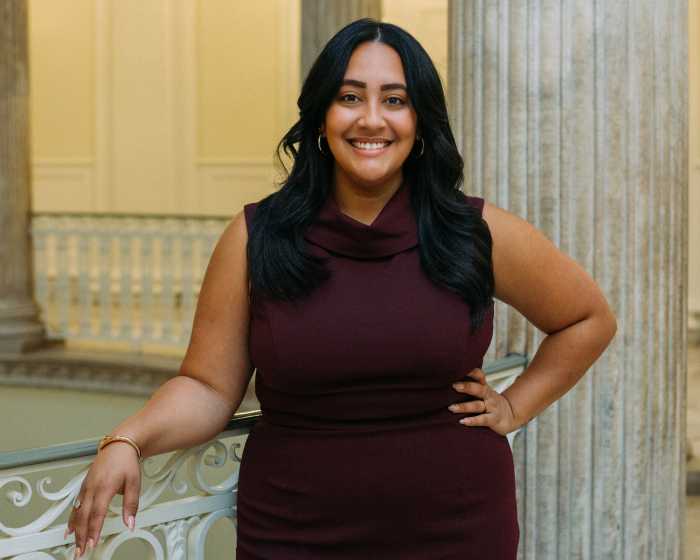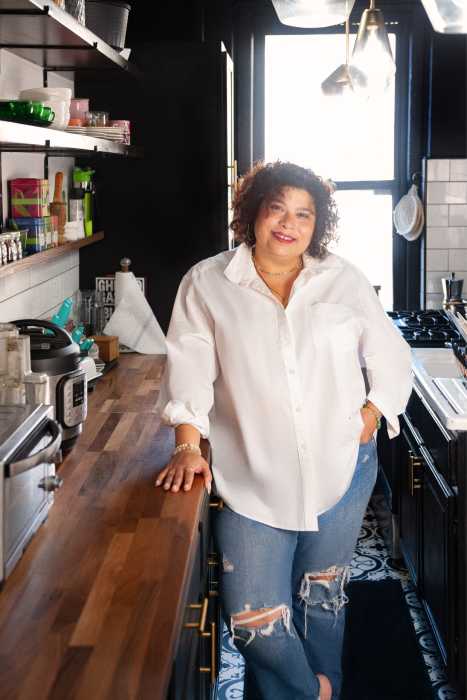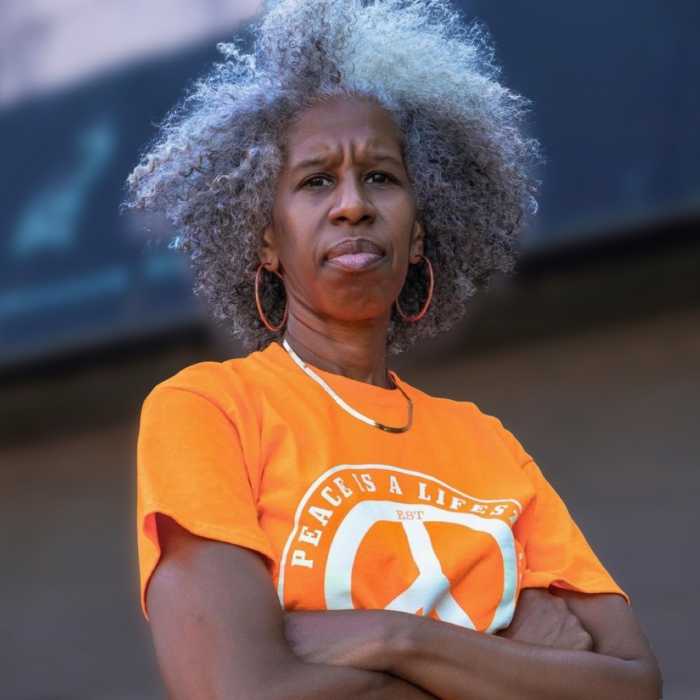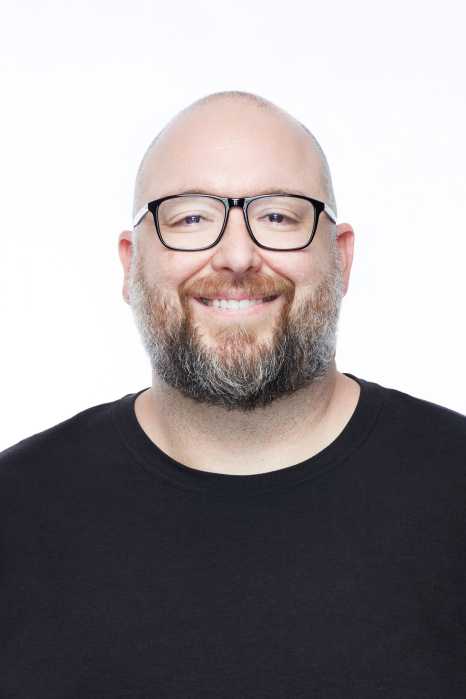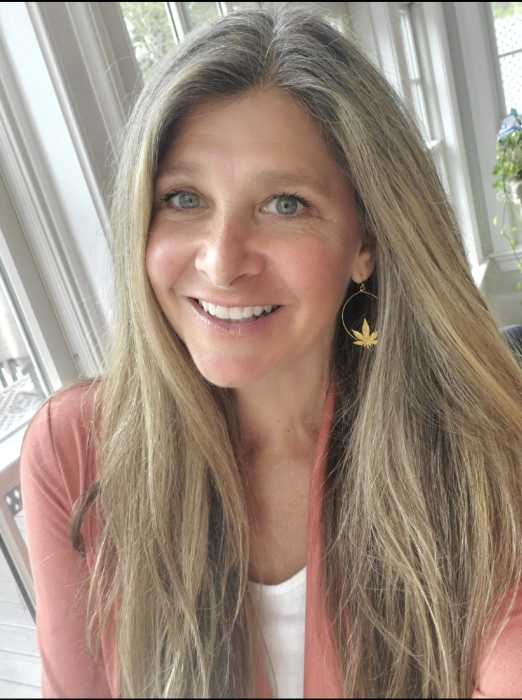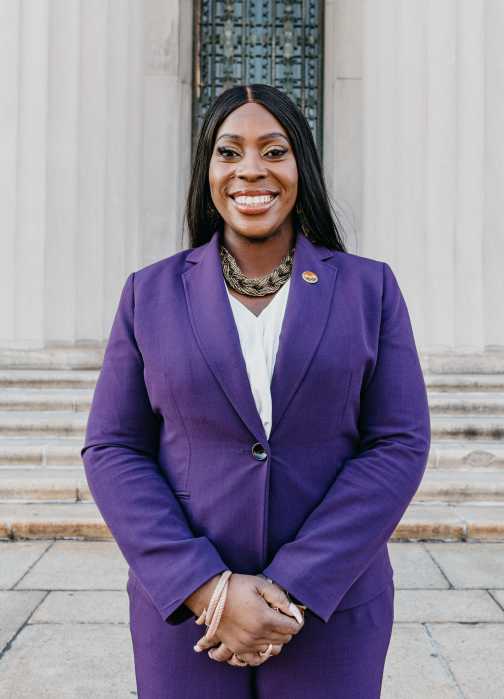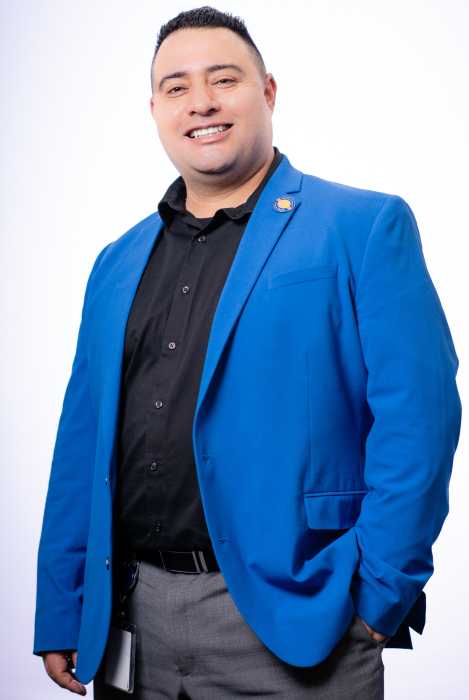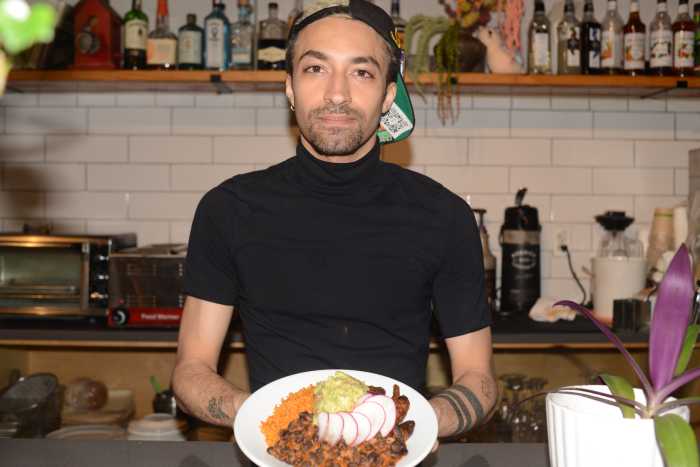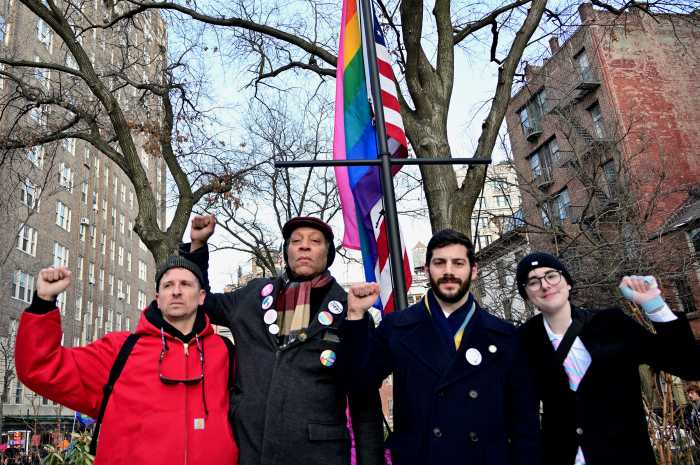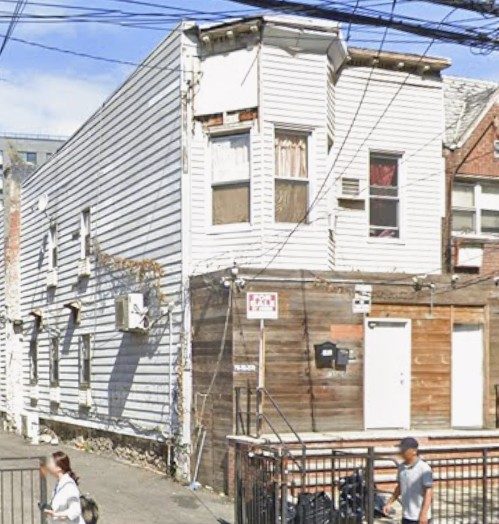Amanda Farías is the council member for the 18th District, native resident and a second-generation Afro-Latina. She serves as the chair of the Committee on Economic Development and co-chair of the Women’s Caucus. As chair, she hosted the City’s first legislative hearings on the adult-use cannabis industry, the NYC ferry system, and has worked to ensure that our City’s economic development priorities meet the needs of our local economies, small businesses, and everyday New Yorkers.
Do you think there is a stigma around working in the cannabis industry and if so how do you work to overcome it?
There is a stigma among communities that stems from racism that fueled the war on drugs and mass incarceration. We can overcome that stigma with education, outreach and regulation so those same communities can see the direct benefits. The legalization of the cannabis industry not only makes consumption safer, but puts money into our local economies and gives working families who’ve been most affected by the historical prohibition on cannabis opportunity for upward economic mobility.
How can the cannabis industry work with health care and academic professionals to educate consumers about the benefits and risks of cannabis use?
I think the education piece that is most needed is on informing the public – especially seniors and those with chronic illnesses the difference between CBD and THC and how the pain-relief of CBD can benefit them. The workshop series hosted by Columbia Care + Urban Upbound last year is a great example of how we can partner across sectors to benefit our newest industry.
Where do you see the cannabis industry in New York 10 years from now?
I want New York’s cannabis industry to be not only one of the highest grossing cannabis industries in the country, but also the most equitable. The only way we can get there is by working in coordination across sectors, across levels of government, and across communities- that’s what I am hoping to start as the chair of the Committee on Economic Development at the NYC Council.


